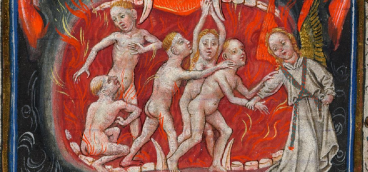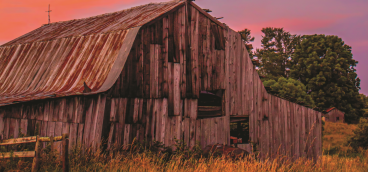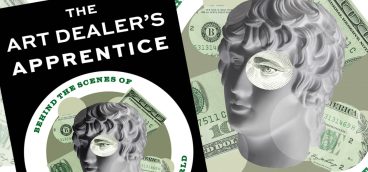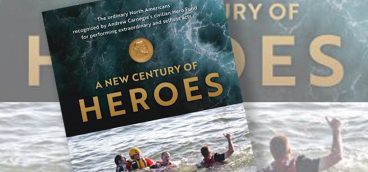Edgy Road Adventures Lift Anne Ray’s Debut Scenic Overlook
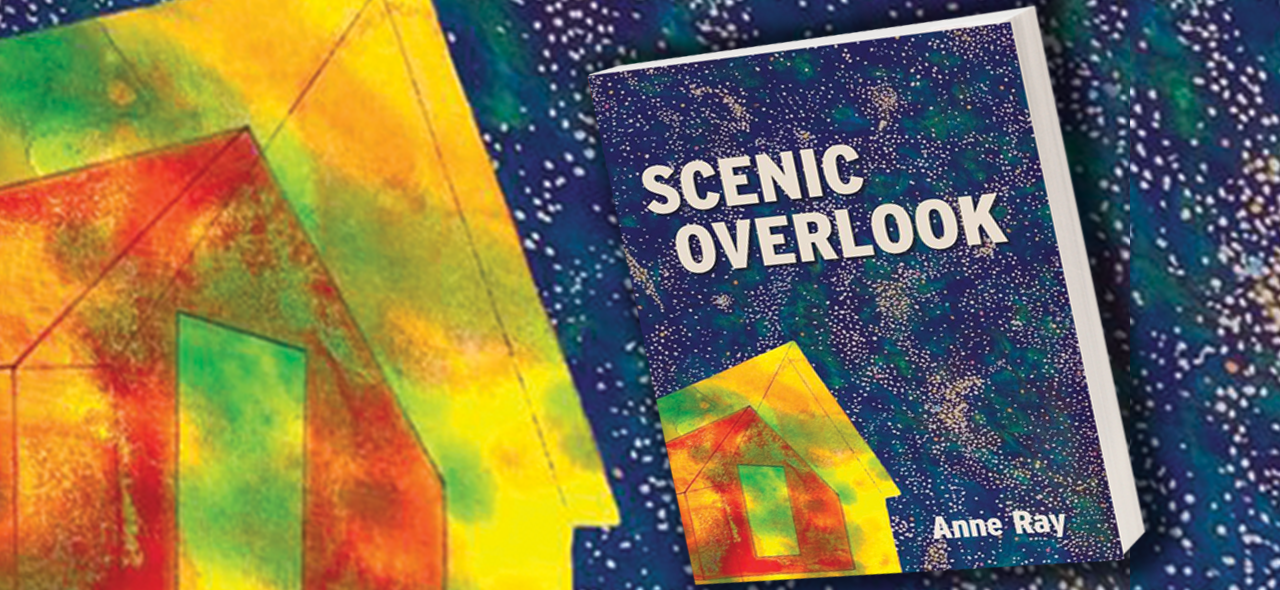
Part monomyth, part road-trip adventure, Scenic Overlook, Carnegie Mellon University grad Anne Ray’s debut collection of linked stories has the feel of a throwback. Mostly set in the analog, though not uncomplicated, time of the late 1990s, Ray uses 13 narratives to build something novelistic as her protagonist, Katie Hight, a 21-year-old college student on the verge of graduating, feels her life shift after the sudden loss of her father. In the aftermath, she has moved back in with a mother whose answers are often non sequiturs, and brother Danny, whose refusal to use contractions in his speech leaves him sounding “as though he were a Russian count.” Katie soon concludes, “All of us, we were unwell.”
The title story finds Katie on the road, wondering if she’ll ever return home. In some ways it’s the formula for The Hero’s Journey, popularized by the scholar Joseph Campbell in his 1949 book on mythology, The Hero with a Thousand Faces. According to the University of Texas Permian Basin, the monomyth plays out accordingly: “Adventure calls and a hero answers. Along the way, they encounter unlikely allies, formidable foes, and trials that will test their resolve.” Most importantly, Katie will be transformed, by experience and by simply growing up. But it’ll be a fellow traveler, Yahlie, who becomes her best friend and helps her gain perspective by acting as the yin to Katie’s yang.
In Weekend Trip, the women are on the road to Austin, Texas to visit Kirsten, characterized as someone who is “belligerent and doesn’t listen.” The second part of that statement could describe most of the characters in the book, but without pushing boundaries, where would the fun be? Instead, this trip becomes an eye-opener for Katie, while traveling in Yahlie’s “shrunken white car. It’s got an assortment of stuff in the back.”
Perhaps what’s most notable in Scenic Outlook is the tension Ray employs throughout. It calls to mind a quote from grunge-rocker Kurt Cobain about meeting Courtney Love for the first time, summarizing her personality as “a magnet for exciting things to happen, like if I just happen to be walking down the street with her, someone would try to attack us with a knife for no reason.” This sense of palpable danger for Katie seems to wind through the stories, a surefire way to keep readers on edge.
And though the “rucksack revolution” that Jack Kerouac wrote about in his 1958 classic, Dharma Bums, seems passe in 2024, the idea of young people trying to both lose and find themselves while traveling through the American West hearkens to another age, one where Katie might agree with the Beat writer who once said, “Pain or love or danger makes you real again.”


